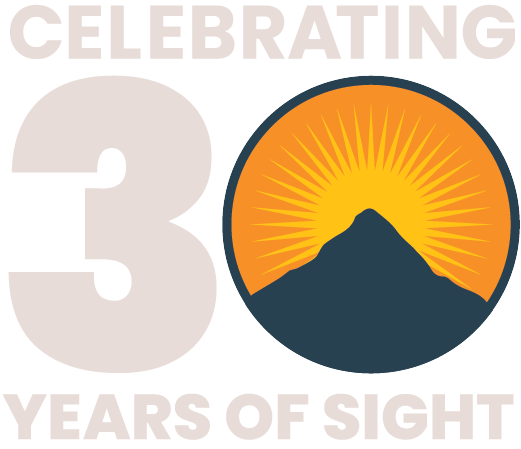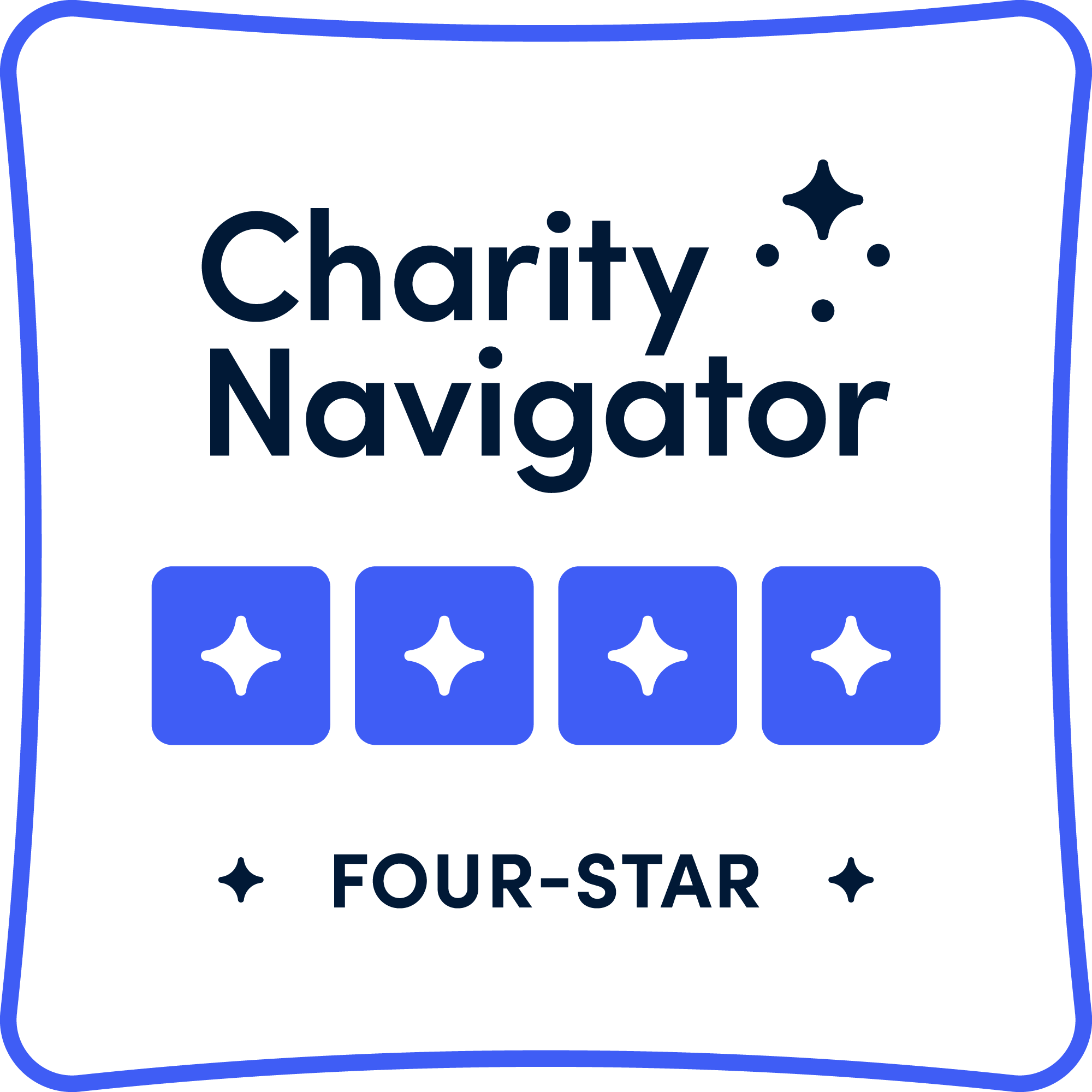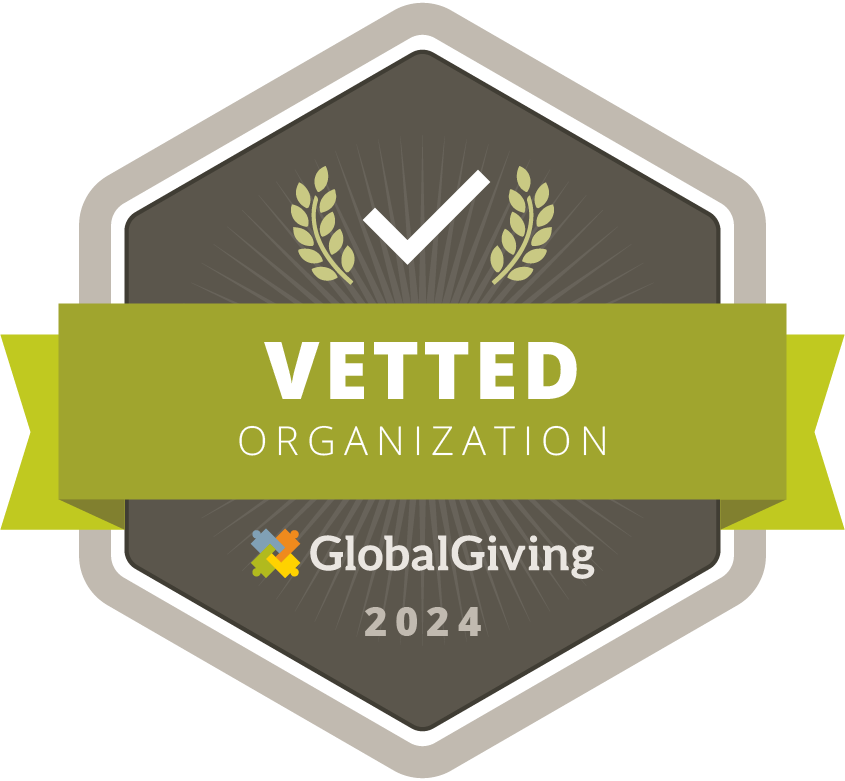Dr. Ruit & Tilganga Receive Highest honor for Vision: Champalimaud Award
The Antonio Champalimaud Foundation named the Tilganga Institute of Ophthalmology in Kathmandu, Nepal, as one of its recipients for the 2013 Vision Award.
The Champalimaud Award is a $1.3 million prize, which will be split equally amongst four Nepalese Eye Care NGO recipients, is the largest monetary award for work on eyesight and one of the world’s largest scientific and humanitarian prizes.

The Tilganga Institute of Ophthalmology (Tilganga) is recognized for adapting a system of high-quality, high-volume and low-cost cataract care to the most inaccessible regions of the Himalayas. Tilganga’s Medical Director and HCP co-founder, Dr. Sanduk Ruit, accepted the prestigious award along with Mr. Suhrid Ghimire, Chairman of the Nepal Eye Program, Dr. Reeta Gurung, CEO of Tilganga, and Dr. Geoffrey Tabin, Chairman of Himalayan Cataract Project (HCP).
“I couldn’t be more proud of Tilganga and Sanduk, my partner, friend and mentor," said Dr. Geoff Tabin. "As described in Second Suns, the Himalayan Cataract Project was created to support Tilganga with this exact vision in mind — to develop a sustainable eye care system that can be replicated to eradicate treatable blindness anywhere in the world. If it can be done in Nepal, it can be done anywhere. That is what we do each and every day.”
The staff of ORBIS International had this to say about the award:
“A big thank you to Prospero for highlighting the great work that Dr. Tabin and Dr. Ruit do together. ORBIS has the honor of collaborating with the Himalayan Cataract Project and the Tilganga Institute for Ophthalmology in Nepal (where Dr. Ruit is the medical director). Their unique and inspiring partnership, to develop innovative solutions to ensure quality eye care across the globe, is an inspiration to all of us in the blindness prevention sector.”
Established by The Champalimaud Foundation in 2006 and referred to as “the Nobel Prize for Vision” by the former President of India, APJ Kalam, the Vision Award has the support of the World Health Organization's (WHO) “VISION 2020:The Right to Sight Initiative.” In order to provide maximum support for the fight against blindness, the Award concentrates both on practical blindness prevention and on scientific research. In 2013, the award recognizes contributions on the ground for the alleviation of vision problems, primarily in the developing world.



